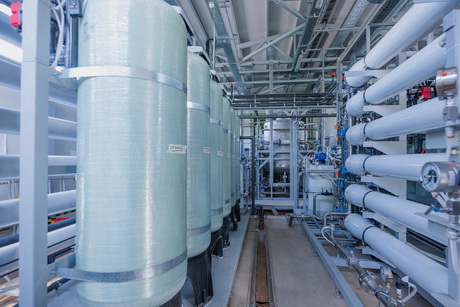
Composting has a great environmental effect, with no additional burden on tariffs. Russian Environmental Operator (REO) calls this method of waste disposal one of the cheapest. Widespread composting can reduce waste disposal by 20%, or more than 11 million tons.
“With widespread composting, we can reduce waste disposal by 20%, or more than 11 million tons, REO estimates. Today there are 17 composting facilities out of the required 200. In October, the Russian government adopted Resolution No. 1889 to amend the MSW management pricing policy. Technical soil production costs are taken into account when setting tariffs for MSW disposal. A ton of technical soil must cost the much as the disposal of a ton of waste, including savings in the purchase of technical soil,” said Denis Butsaev, CEO of Russian Environmental Operator.
Still, Resolution No. 1889 does not cover tariffing compost production costs, if such compost is used not at landfills, but in agriculture or road construction. That’s why there is a need for other systemic measures, including amendments to Federal Law 89-FZ to eliminate all obstacles to the creation of waste composting facilities in the required amount.
“Composting is a process of accelerated biological decomposition of organic materials, which results in the formation of inert soil. Such soil can be used to form layers at landfills, as a fertilizer (when passing certification), in road construction and so on. Composting is not just a useful technology that reduces harmful effects of waste disposal on the environment. It is also one of the cheapest waste disposal ways. Using it, you can increase the percentage of disposal, while minimally affecting MSW management tariffs,” said Aleksei Makrushin, Deputy CEO for Legal Affairs and Analytics at REO, who spoke at a specialized webinar, Fundamentals of Pricing: Accounting for Waste Composting Costs.


Comments (0)
Twitter
Facebook
Pinterest
E-mail